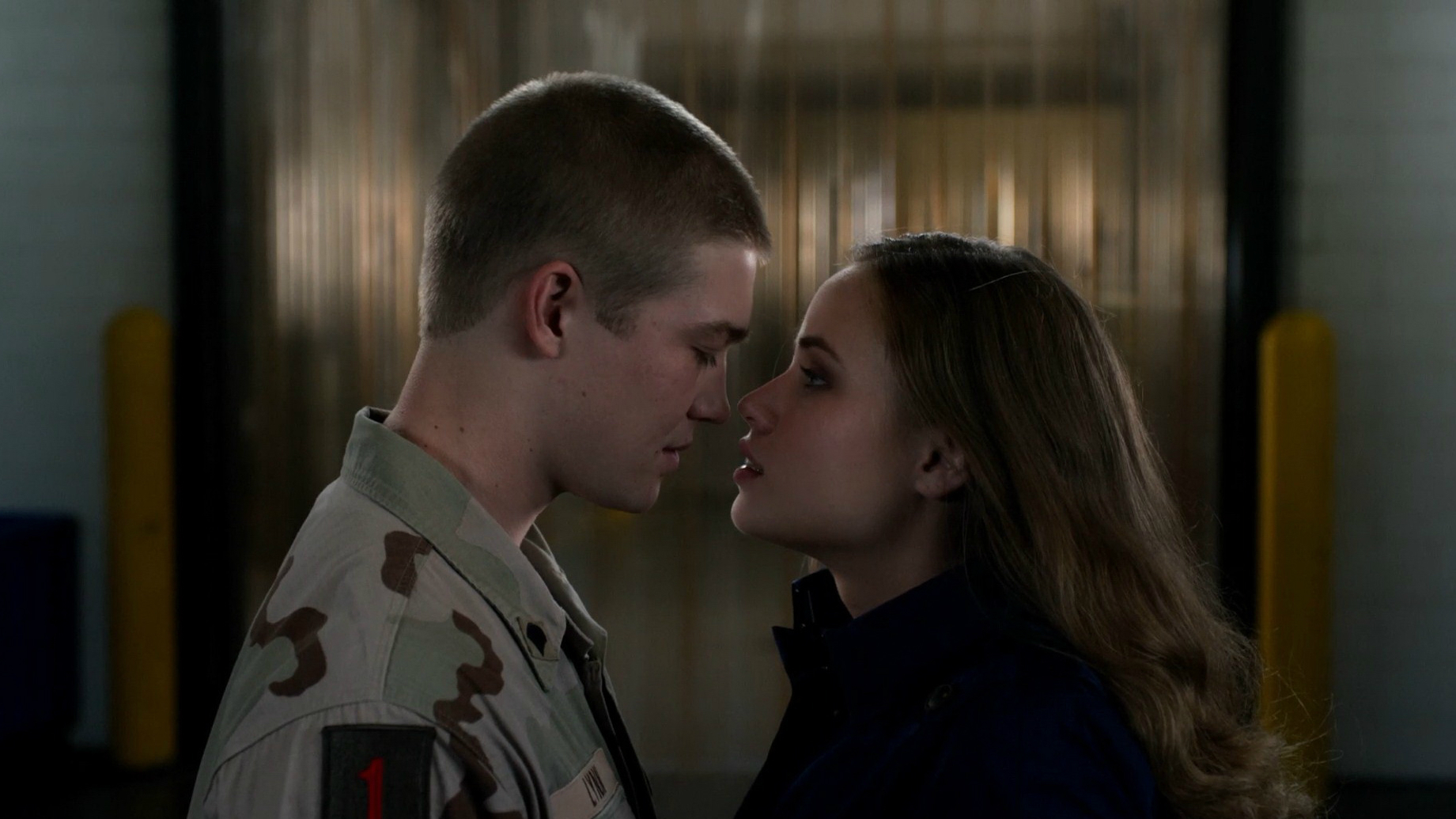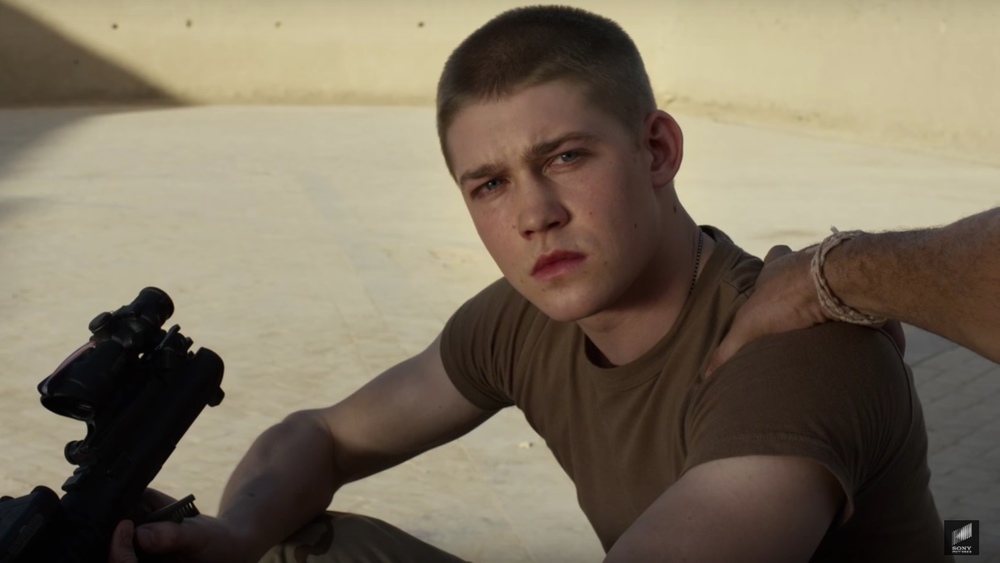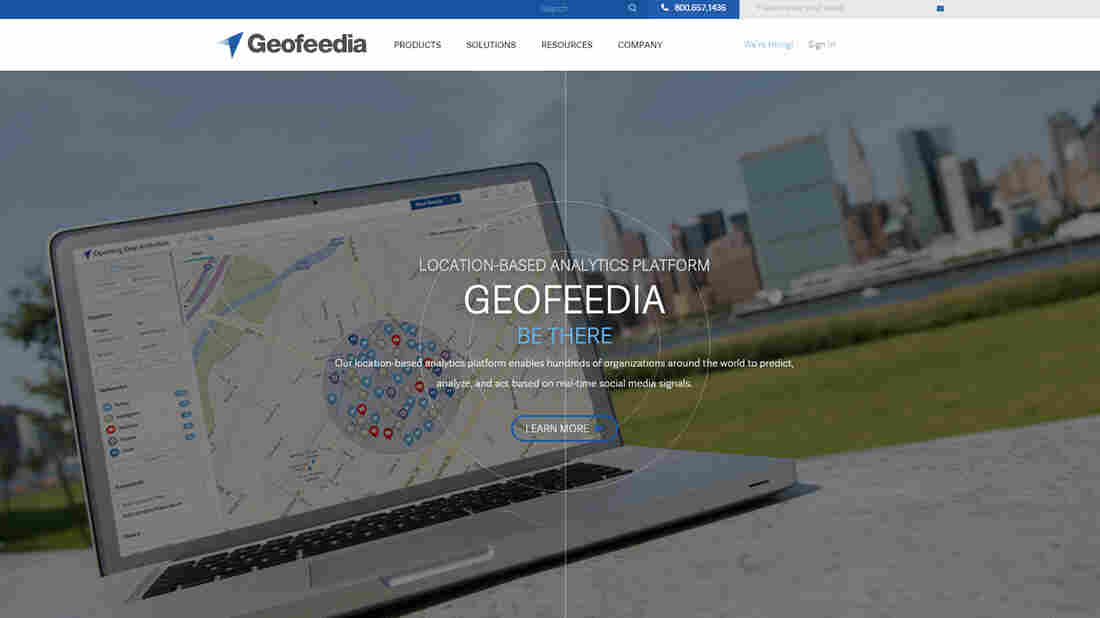Review: 'Billy Lynn's Long Halftime Walk' Offers a Brand New Way to Watch a Movie
We’re on a bit of a war binge right now.
The success of recent films like American Sniper and Lone Survivor has paved the way for a new crop of war movies that isolate individual soldier stories, many of them true, and moviegoers are feasting on ’em. In November alone there are two, Mel Gibson’s Hacksaw Ridge and Ang Lee’s Billy Lynn’s Long Halftime Walk, while Christopher Nolan’s Dunkirk awaits us this July.
But it’s Billy Lynn — based on Ben Fountain’s acclaimed novel of the same name — that takes the rare approach of actually acknowledging our obsession with romanticizing war stories through cinema, and when the film tackles those issues head on it’s incredibly refreshing and thought-provoking in a way we usually don’t experience. Of course the experience of watching Billy Lynn is the other story — Ang Lee choosing to shoot his film at a higher frame rate than we’ve ever seen: 120 frames-per-second 3D, with 4K clarity.
Very few will actually be able to watch the film this way; there aren’t many theaters equipped to project Billy Lynn as the complete package that was showcased during its premiere at the New York Film Festival. It’s still worth talking about, though, as the brightness, crispness and creepy realness of the picture sort of mirrors the story of a soldier home on leave who slowly begins to embrace his own clarity while experiencing life as a war hero on display at a big, splashy Thanksgiving Day football game.
During a fierce fire fight in Iraq, Billy Lynn (newcomer Joe Alwyn) courageously rushes to defend a wounded soldier, and in the process fights off approaching insurgents with nothing but a hand gun, a knife and his fists. All of it is caught on camera, and Lynn’s story eventually finds its way home, leading to a victory tour for his entire Bravo team while on leave for the Thanksgiving holiday.
It’s home in Texas that Lynn finds a family (and especially a sister, played by Kristen Stewart) proud but desperate to have him back home for good. Then there are the thousands of beer-guzzling, chicken finger-devouring football fans who loudly cheer for Lynn and his team as if auto-programmed to acknowledge the troops even if they can’t ever understand the horrific realities of war unless it’s projected back at them on a big screen full of celebrities. There are agents trying to cut movie deals, cheerleaders yearning for their own soldier to love and miss and write to, and all of it is a lot for one movie — leading much of Billy Lynn’s Long Halftime Walk to feel overstuffed like the obnoxious all-you-can-eat Thanksgiving buffet the soldiers are treated to at one point.
[embedded content]
There’s a lot of melodramatic meat on the table with this one, and its twangy Texan score just adds to the soap opera-ish vibe of the film, at times masking many of its rich, soulful themes. When Billy Lynn’s Long Halftime Walk settles into its quieter moments — specifically between Billy Lynn and his sister, or Lynn and his sergeants Shroom (Vin Diesel) and Dime (Garett Hedlund), or Lynn and the cheerleader he strikes up a brief fling with — that’s when you feel it and you appreciate it. That’s when it becomes more about the complexities of being a soldier, and less about putting a soldier on display.
The reality is that many of us will never know what reality is actually like for a soldier who’s been to war, no matter how close Ang Lee pushes the camera into Billy Lynn’s bloodshot eyes with 4K clarity. There’s a conversation to be had, though, about the business of war heroes, and the exploitation of what in many cases are the worst days and moments of a person’s life. Why are we so drawn to it? Why do we celebrate it? Why do we cheer a soldier on more than we actually help them adjust to life before, during and after the fight?

Billy Lynn’s Long Halftime Walk scratches the surface of these issues, and even if it feels a little too muddled and busy in its execution, there’s enough here to inspire a more thoughtful and educated approach to telling a soldier’s story. Respecting and accepting that story without feasting on it like hungry spectators ogling the violence that comes with war… or, well, a football game.
A Quick Guide to Watching Billy Lynn in 120fps

1. What is this higher frame rate thing?
Most traditional films are projected at 24 frames-per-second, while recently Peter Jackson experimented with projecting one of his Hobbit movies at 48 frames-per-second. For Billy Lynn, Ang Lee blew past that by projecting the film at 120 frames-per-second in 3D, with 4K clarity versus the typical 2K.
2. So… what? Should I care about this in any way?
If you’re into higher frame rates and what it’s like to experience some of the latest cutting edge technology cinema has to offer, then yes. In my opinion, Billy Lynn is more successful with the format than Peter Jackson was, only because the picture is so clear, not many genres can pull it off without the whole thing feeling too staged. This in no way works for a fantasy movie or a genre film, but for a sporting event or a documentary, it could very well change the game in a way that brings audiences a more intimate experience.

3. Is Billy Lynn’s Long Halftime Walk worth seeing in 120fps 3D?
Ultimately yes, but there’s a caveat. If you happen to be in one of the rare spots where Billy Lynn is actually playing in this format, then you have to see it for yourself if you’re any kind of fan interested in the evolving moviegoing experience. The sequences set in Iraq, for example, are so remarkably vivid that I quite frankly have never seen anything like it. That right there — the ability to watch a movie in a way you’ve never watched a movie before — is reason enough to check it out.
That being said, Billy Lynn is also worth an additional watch in a more conventional setting, simply because it’s hard not to focus on the new format and the ways with which Lee utilizes it — most notably with several close-ups hoping the stark details bring us closer to the characters.
4. Does it work? Do you feel closer to the characters?
Yes and no. The war scenes offer pretty incredible edge-of-your-seat action, but they are brief. Same goes for the halftime show Billy Lynn and his fellow soldiers take part in. The show itself is typically over the top, and its glitzy bells and whistles are quite gripping to watch in the format. Colors pop. Uniforms glisten. Bullets linger. But in terms of feeling the characters more, it doesn’t really work. The picture is too crisp, too stiff, and lacks certain nuances that assist in connecting with a character or story on a more emotional level.
5. What about Vin Diesel? How does he look in 120fps 3D 4K?
Bald. Balder than before, if that’s even possible.
And if you’re looking for more info on the format, here’s a featurette you can check out.
[embedded content]
Billy Lynn’s Long Halftime Walk hits theaters on November 11.

.png)

